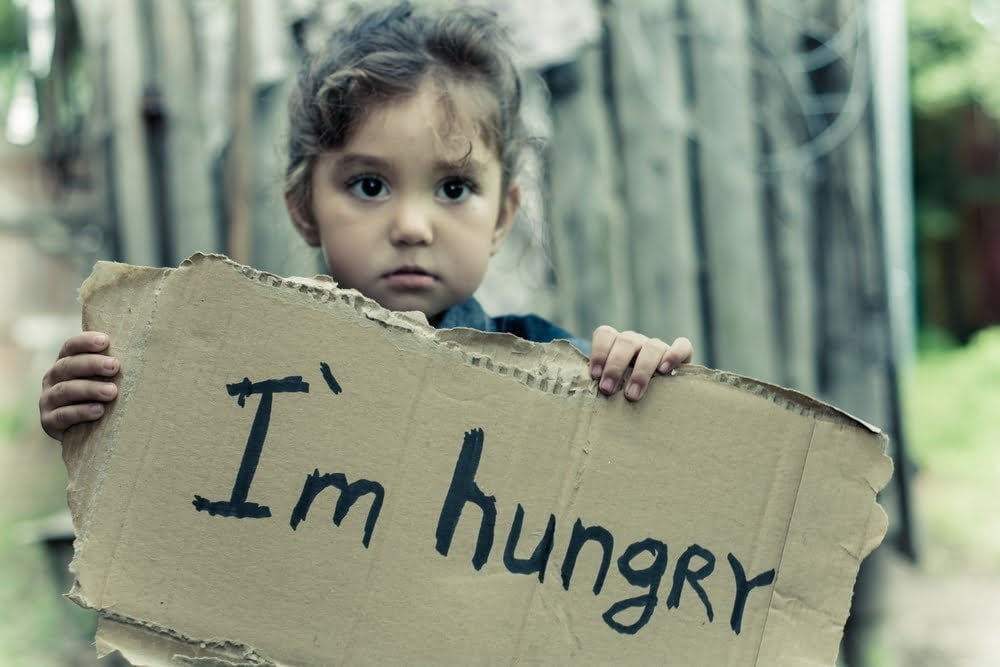Pennsylvania Department of Human Services press secretary Brandon Cwalina reports that Bucks County has 294 households receiving Temporary Aid for Needy Families (TANF). The average benefit per household is $250. Those 294 households include 644 persons, 493 of whom are children. TANF, when paid to children and/or families, is cash assistance. In order to qualify for this assistance, beneficiaries must have less than $1,000 in resources.
If the number of people getting help to buy diapers, toilet paper, utilities, food and rent seems low – that’s because it is.
According to the U.S. Census bureau, Bucks County has a population of 646,098. As Bucks is one of the commonwealth’s wealthier regions, the official poverty rate rests at 3.6 percent. Doing the math, that puts the number of Bucks County residents living at or below the poverty level at 23,259 – but only 644 get help with their bills. These numbers are in line with a recent Drexel University study of Pennsylvania’s TANF block grant spending. In 2020, researchers found that only 14 percent of the commonwealth’s 2018 TANF block grant was actually paid in cash assistance to desperately needy children and their families.
The Center on Budget and Policy Priorities sets the amount of TANF block grant dollars going to PA kids and their parents at 11 percent in 2021.
In short, Pennsylvania has been siphoning off federal dollars sent to the states to help the poor. The keystone state – one of the nation’s most egregious offenders – diverts a full 89 percent of monies earmarked to help needy families. Some lawmakers in Harrisburg are scrutinizing the recipients of these diverted funds and want to turn off the dollars spent – not to help poor families – but to harm them.
READ: Join The Movement To Abolish School Meal Debt In Pennsylvania
In a recent memo to her colleagues, State Representative Melissa Shusterman (D-Chester County) proposed the elimination of funding for Crisis Pregnancy Centers (CPC) and Bucks County Representative Tim Brennan has signed on to co-sponsor. Pennsylvania based CPCs get more than 14 percent of their funding from diverted TANF funds. As the memo notes, “Crisis pregnancy centers have also been known to promote abstinence-only ‘sexual education; and LGBTQ+ conversion therapy, practices that endanger – not protect – human health.” That’s a cool million dollars taken directly from babies, toddlers and their parents to fund this extremism. A first term representative, Brennan explains his support for Shusterman’s initiative. “I’m new to Harrisburg. I haven’t seen the structural inadequacies that allowed for those TANF funds to be reallocated, but I have seen normal families, in my work with children, whose parents didn’t have the resources they needed for them.”
The structural inadequacies Brennan references were built into TANF from its inception. At the tail end of the last century, the Clinton Administration took aim at the national program to help families in poverty. For 60 years, Aid to Families with Dependent Children (AFDC) had provided cash assistance to millions of Americans. Part of the Social Security Act of 1935, AFDC had become a whipping post of Ronald Reagan and the conservative majority that subsequently swept into congress in the 1990s.
After campaigning in 1992 to “end welfare as we know it,” Bill Clinton worked with Newt Gingrich to craft the Personal Responsibility and Work Opportunity Reconciliation Act of 1996. With that, TANF replaced AFDC and block grants went out to the states – allowing them to redirect the money away from poor kids – so long as the new recipient agencies fulfilled certain objectives. Among other things, TANF block grants can be assigned to “reduce out-of-wedlock pregnancies; and promote the formation and maintenance of two-parent families.”
READ: Work As The Way Out Of Poverty: A Myth
Enter the Crisis Pregnancy Centers – which Shusterman’s memo describes as agencies that “purport to provide medical services to pregnant women and birthing people but instead engage in deceptive practices to prevent them from accessing appropriate reproductive medical care.” And, while real live children may not receive a TANF benefit for more than five years – agencies like Crisis Pregnancy Centers can collect millions year after year, after year, with no cutoff point to discourage dependency.
Pennsylvania hasn’t just been taking huge sums of money from needy families, it was the very first state to convey those funds to CPCs. Tara Murtha, associate director of strategic communications at the Women’s Law Project – Pennsylvania’s only public-interest law center devoted to the rights of women and girls – has been sounding the alarm.
“Fewer and fewer families are being helped and the money is being redirected to fund CPC executive salaries. These centers bill at $1.09 per minute for peer counseling that is not healthcare centered,” said Murtha. “The state is purchasing anti-abortion, anti-birth control peer counseling.”
Murtha sees the commonwealth as having two choices: to use TANF funds as cash assistance for families or to fund alternatives for people who need reproductive healthcare.
“The broader point is that abortion is healthcare. But for the people who say there should be an alternative to abortion – that alternative is prenatal care not a lecture. They [CPCs] market themselves as medical centers but they are not,” said Murtha, who sees many needs facing poor individuals and families being neglected. “TANF funds would be better used as temporary spending for Pennsylvania families in crisis, to provide healthcare, to reduce maternal mortality and to eliminate racial gaps in healthcare availability.”
Representative Shusterman has first-hand knowledge of how difficult it can be to access prenatal care, especially in rural Pennsylvania. Luckily for her – years ago, during one of her own pregnancies, she was rushed to an emergency room where she was greeted by an OB/GYN physician. “But across the state now, hospitals are shutting down with little or no warning to the community. When the ER closes, face-to-face healthcare closes. In many of these regions, all that’s left are these Crisis Pregnancy Centers. A person’s first touch with healthcare should be with a healthcare provider – not someone who won’t, can’t offer medical advice. None of these centers getting money provide prenatal care or contraception.”
Representative Brennan agrees, “It’s unconscionable! I believe in honesty in healthcare. We have a responsibility to provide science-based, exceptional healthcare. I co-sponsored [Shusterman’s proposal] because CPCs are deceptive, they don’t provide information on contraception, and they don’t even provide prenatal care.”
Governor Shapiro’s 2023 budget earmarks more than seven million dollars for CPCs – a million of which comes from TANF. Shusterman, Brennan and others think it’s time for that to stop. Rep. Brennan is resolute, “If we’re moving money from needy families to deceptive healthcare that’s concerning. Main Street Pennsylvanians care about these kids and that should be reflected in the priorities in Harrisburg.”







